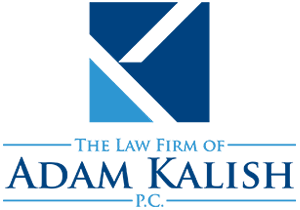Commercial disparagement is a business tort, also known as trade libel, slander of goods or product disparagement. It happens when someone makes false statements about a business or the product it produces, which damages the company’s reputation. It can also cause financial harm and trigger legal action. A successful commercial disparagement case requires the plaintiff to prove certain elements.
False statements
For your business to have a valid commercial disparagement claim, you must show that another party made false statements of fact regarding your company, its products or reputation. The false statements must cause harm to your business that results from your damaged reputation. In business litigation, if the statement damages your business but is accurate, it will not be able to support a commercial disparagement claim.
Defamation is a similar tort but pertains to false statements about a person’s character, integrity or morality. Commercial disparagement applies exclusively to businesses regarding false statements about the companies or their products.
Publication to third parties
The false statements cannot be private opinions or remarks to satisfy this element. The defendant must have communicated false information to third parties through written statements, online communication or spoken words. You must prove that the false information was communicated to others to support a commercial disparagement claim.
Damages
You must provide proof of actual damages to your business that resulted from the false statements. Damages can include financial losses, a drop in sales or a decrease in customer trust. To support your claim, you must provide documentation that quantifies these losses’ amounts and other details. If the offending party made the false statements maliciously, you may also be eligible for punitive damages.
Commercial disparagement claims have a statute of limits, restricting business owners’ time to take legal action. Protect your business against financial risk by understanding the legal implications of false statements.

